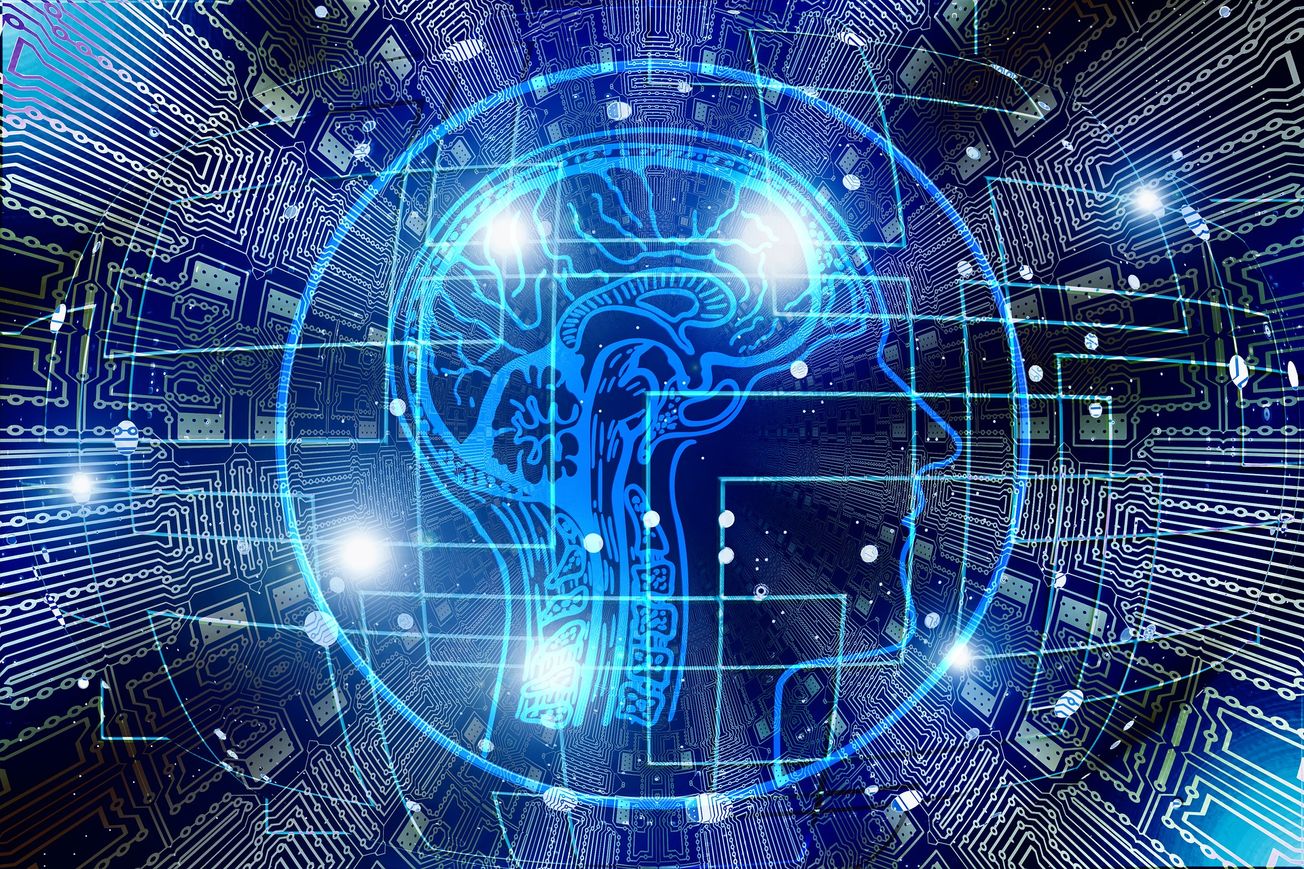By Eilidh Rivers-Bell, Second Year English and Philosophy.
In the age of advanced technology and artificial intelligence, it seems that nothing is beyond the reach of innovation. Unfortunately, this includes the dark side of technology as well. Recent reports suggest that some students are now turning to advanced AI language models, like Chat GPT, to plagiarise their university essays.
This trend is raising concerns among educators, academic institutions and researchers, as the use of advanced technologies to cheat in academic settings could have severe consequences for the credibility of higher education.
This technology is so powerful that it has written TV Episodes, created cocktail recipes and devised a mock bible verse about someone eating a peanut butter sandwich. It even wrote the first paragraph of this article. Did you notice?
Experts and universities alike say ChatGPT and bots like it mark the beginning of a new era of learning. https://t.co/eaIdD7Km4t
— VICE (@VICE) March 25, 2023
The speed at which such convincingly human words can be generated is why Turnitin, the software The University of Bristol uses to check for plagiarism, has recently been updated to detect students using AI technology to complete academic work.
Confident that the accuracy of this AI detection software - which stands at 97 per cent - will dissuade students from presenting ChatGPT’s work as their own, the majority of UK universities use this algorithm to combat academic plagiarism.
No data is readily available on the extent to which students have been abusing the power of AI in their exams. However, that Turnitin has so quickly worked to combat it suggests that this is a significant concern.
Plagiarism finder Turnitin adds AI detection amid popularity of ChatGPT https://t.co/803mm8KByR pic.twitter.com/Dmi79ydAfT
— The Hill (@thehill) April 3, 2023
Scarily, AI is now advanced enough to pass exams: in America, ChatGPT passed a medical licensing exam with 60% accuracy. In the UK, the software received a 2:1 in an essay from a Russell Group University. This has exacerbated the fear that further developments in this technology could result in the redundancy of traditional examinations.
The fastest growing user base in history, ChatGPT was released in November 2022 and took just five days to reach one million active users.
Inevitably, a vast proportion of its 13 million daily users are students: it was recently revealed that 89 per cent of American students have admitted to using ChatGPT to help with their academic work.
ChatGPT passes law school exams despite 'mediocre' performance https://t.co/UaG9zOy7PL pic.twitter.com/10nQkxPfZu
— Reuters (@Reuters) January 25, 2023
The ethics of using ChatGDP to write entire pieces of academic work are questionable. However, learning how to use it correctly could be hugely helpful.
Take the simplify tool, which copies and pastes a particularly complicated paragraph from a source and rephrases it to be more concise.
ChatGPT’s extensive database allows the user to ask extremely specific questions and receive detailed answers, even recommending websites and podcasts related to the query that was posed.
It is heavily ironic that, when a user attempts to open the website, they are the one who is asked to prove that they are human
Reports of plagiarism among Russell Group universities has more than doubled since 2019, from 157 allegations to 353 in 2022. This rise is attributed to the Covid-19 pandemic and the transition to online exams, where students - who were no longer restrained by in-person exam conditions - were able to use resources such as the internet. During the pandemic, homework help website Chegg recorded a 196 per cent rise in the number of students requesting assistance with their academic work.
The invention of ChatGPT will have provided no reassurance to academics who are concerned over cheating. The simplicity with which anyone can enter the website and ask almost anything of it, receiving a coherent, articulate response is undoubtedly remarkable. However, its powerful technological capability endangers the future of traditional Education.
Before its release in November 2022, it was fed over 300bn words from across the internet, culminating in the creation of a vast database which is seemingly knowledgeable about every aspect of our documented lives. When prompted by the user, the Chatbot dives into its wealth of data to retrieve what information it has on the given topic.
I wrote about the movement to ban ChatGPT in schools, and why it seems like a missed opportunity. https://t.co/bW9WvAmzAw
— Kevin Roose (@kevinroose) January 12, 2023
This is not to say that it doesn’t have its limitations. The website is only programmed with information up to 2021. As one enters a question, the page warns of its potential ability to produce incorrect instructions.
The way that it answers in the first person, or the fact that it is able to continue a conversation and alter the answers it gives you based on what it can tell you’re interested in, gives it an eerily human quality.
It’s easy, therefore, to accept everything it states as true, despite the inevitable pitfalls. It is heavily ironic that, when a user attempts to open the website, they are the one who is asked to prove that they are human.
Last July, an article in The Times claimed that one in six students had admitted to cheating during online exams. Before ChatGPT existed, evidence showed that when students are left to complete academic work at home, they become more inclined to cheat.
Hybrid learning after Covid: a glorified streaming service?
'I haven't been in an exam hall since my GCSEs': Bristol returns to in-person assessments
Whether it be plagiarising another’s work, or contract cheating - paying someone to complete an assessment for you - it is clear that students are willing to sacrifice their academic integrity for the promise of an adequate mark.
Featured Image: Pixabay / Gerd Altmann
Would you use ChatGPT in your assessments?








